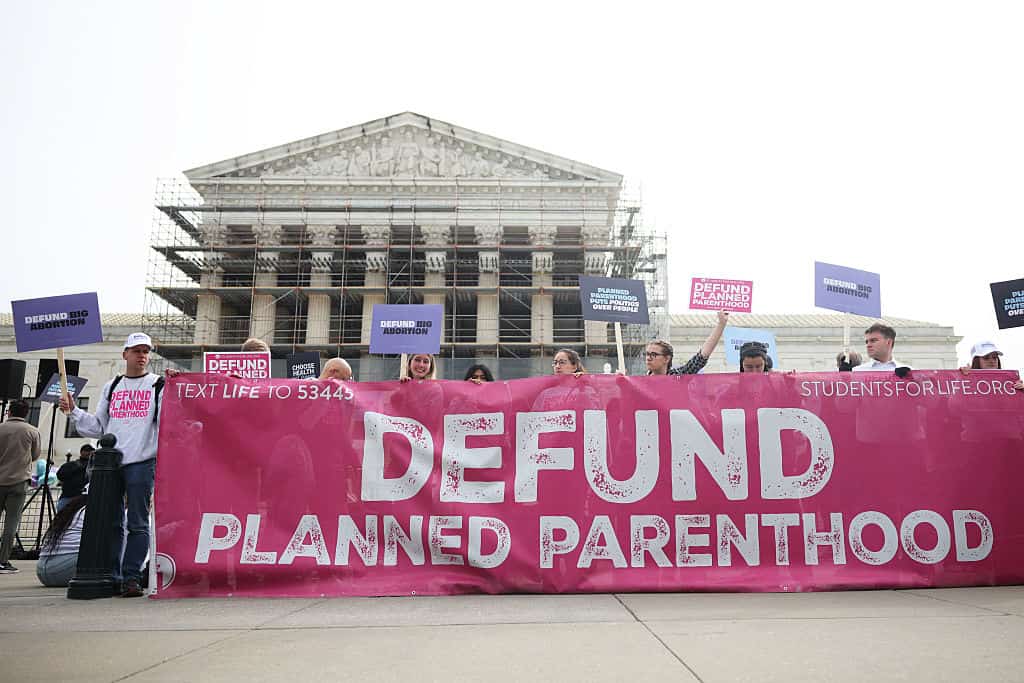Campaigning in Churches: Virginia Governor’s Race Raises IRS Issues
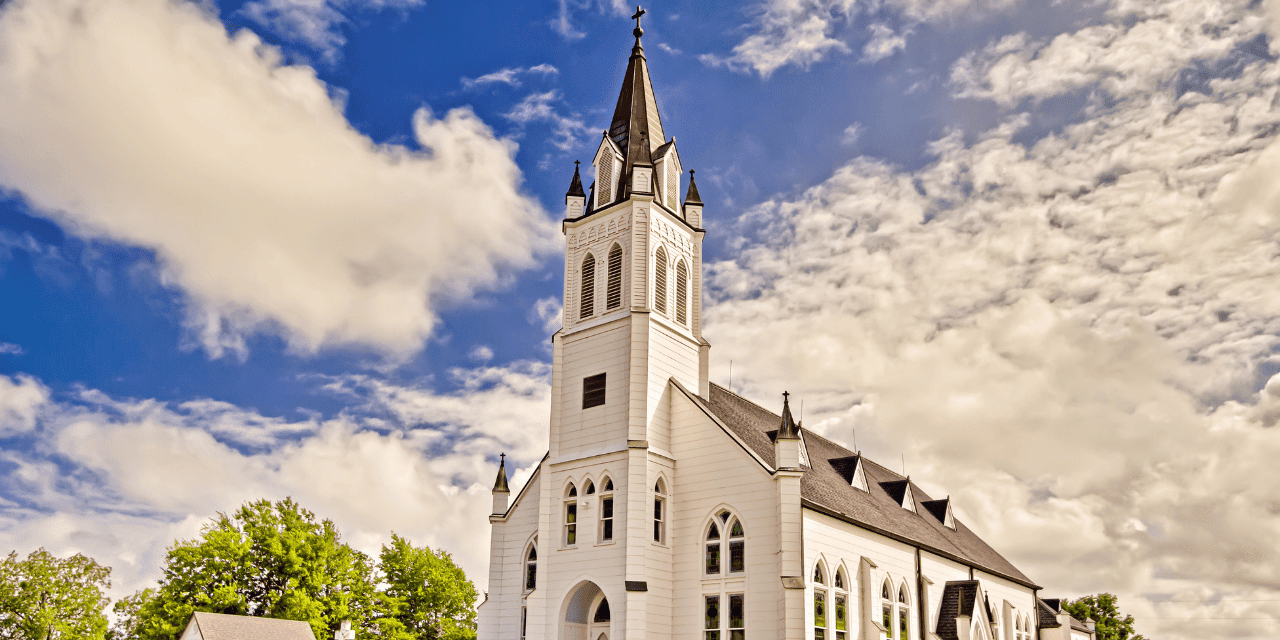
Virginia is in the middle of a close election race for governor, pitting Democrat Terry McAuliffe against Republican candidate Glenn Youngkin. Election Day is November 2 in the Old Dominion, but early voting in the state has already begun. Recent election-related events there raise the question: Just what can churches do at election time, since IRS rules prohibit charitable organizations from directly or indirectly participating in, or intervening in, any political campaign on behalf of or in opposition to any candidate for elective public office.
Various news sources are reporting that a video of Vice President Kamala Harris endorsing McAuliffe began playing in over 300 churches on October 17. Stacey Abrams, a former Democrat candidate for Georgia governor in 2018 showed up in person at a Norfolk church last Sunday to urge those in attendance to vote for McAuliffe.
Campaign signs for Youngkin flanked the entrance to a church near Big Stone Gap, Virginia during a church rally in July focused on voter registration and participation, while his image appeared on a projection screen inside the church.
The events in Virginia are nothing new, nor are they related to one political party. But given the IRS rules about mixing politics with church activities, what are the limits and when do churches cross the line into prohibited activities that pose a risk to their 501(c)(3) status?
Specifically with regard to candidates, legal organizations such as the National Center for Life and Liberty offer several guidelines:
- As a pastor, you have the right to speak personally concerning elections and particular candidates. Your church’s 501(c)(3) status does not require you to relinquish your personal freedom of speech in these areas.
- Your church may educate congregants, helping them understand what individual candidates believe about various issues, including distributing voting guides that score the majority of candidates on the issues.
- You may ask particular candidates to speak at your church, to give their testimony or present themselves as a candidate, as long as an official endorsement from the church does not follow the appearance.
- Pastors may advocate a certain position from the pulpit on relevant issues.
The IRS cautions that although general voter education or registration activities by a church are perfectly fine, those should be conducted without evidence of bias that:
- Would favor one candidate over another;
- Oppose a candidate in some manner; or
- Have the effect of favoring a candidate or group of candidates.
When inviting candidates to speak at a church, the IRS lists several factors it looks at to determine whether the church has crossed a line into political intervention:
- Whether the church provides an equal opportunity to the political candidates seeking the same office;
- Whether the church indicates any support of or opposition to the candidates;
- Whether any political fundraising occurs;
- Whether the individual is chosen to speak solely for reasons other than candidacy for public office;
- Whether the organization maintains a nonpartisan atmosphere on the premises or at the event where the candidate is present; and
- Whether the organization clearly indicates the capacity in which the candidate is appearing and does not mention the individual’s political candidacy or the upcoming election in the communications announcing the candidate’s attendance at the event.
The penalty for violating IRS rules regarding political intervention can be the suspension or revocation of a church’s 501(c)(3) designation. That would mean that donors to the church would no longer be able to claim those donations as charitable tax deductions on their individual tax returns.
That ultimate penalty – revocation of a church’s tax exemption due to political intervention – although available, is only rarely invoked. The only time it happened was in 1992, when the IRS revoked the tax exempt status of a church in Binghamton, New York. The church had placed a full-page advertisement in USA Today and The Washington Times just prior to Election Day objecting to the moral character of then-candidate for President of the United States, Bill Clinton, and asked “How then can we vote for Bill Clinton?” The IRS’s action was later upheld by a federal court.
But even that revocation was “more symbolic than substantial,” as a federal appeals court noted when it reviewed the case, because of the unique treatment of churches in the tax code. Still, churches need to exercise wisdom in this area.
In summary, IRS rules for 501(c)(3) charitable organizations and election-related activities are complicated and churches and their pastors are well advised to seek legal help in understanding and navigating them.
Resources:
Here are some resources for churches and pastors who want to know more about this issue:
Alliance Defending Freedom: Pastors, Churches & Politics: 5 Things to Know.
First Liberty Institute: Pastors and Politics: Two Things Pastors Can’t Do During Election Season … And Everything They Can.
Liberty Counsel: Pastors, Churches and Politics: What May Pastors and Churches Do?
Photo from Shutterstock.
ABOUT THE AUTHOR

Bruce Hausknecht, J.D., is an attorney who serves as Focus on the Family’s judicial analyst. He is responsible for research and analysis of legal and judicial issues related to Christians and the institution of the family, including First Amendment freedom of religion and free speech issues, judicial activism, marriage, homosexuality and pro-life matters. He also tracks legislation and laws affecting these issues. Prior to joining Focus in 2004, Hausknecht practiced law for 17 years in construction litigation and as an associate general counsel for a large ministry in Virginia. He was also an associate pastor at a church in Colorado Springs for seven years, primarily in worship music ministry. Hausknecht has provided legal analysis and commentary for top media outlets including CNN, ABC News, NBC News, CBS Radio, The New York Times, the Chicago Tribune, The Washington Post, The Washington Times, the Associated Press, the Los Angeles Times, The Wall Street Journal, the Boston Globe and BBC radio. He’s also a regular contributor to The Daily Citizen. He earned a bachelor’s degree in history from the University of Illinois and his J.D. from Northwestern University School of Law. Hausknecht has been married since 1981 and has three adult children, as well as three adorable grandkids. In his free time, Hausknecht loves getting creative with his camera and capturing stunning photographs of his adopted state of Colorado.
Related Posts
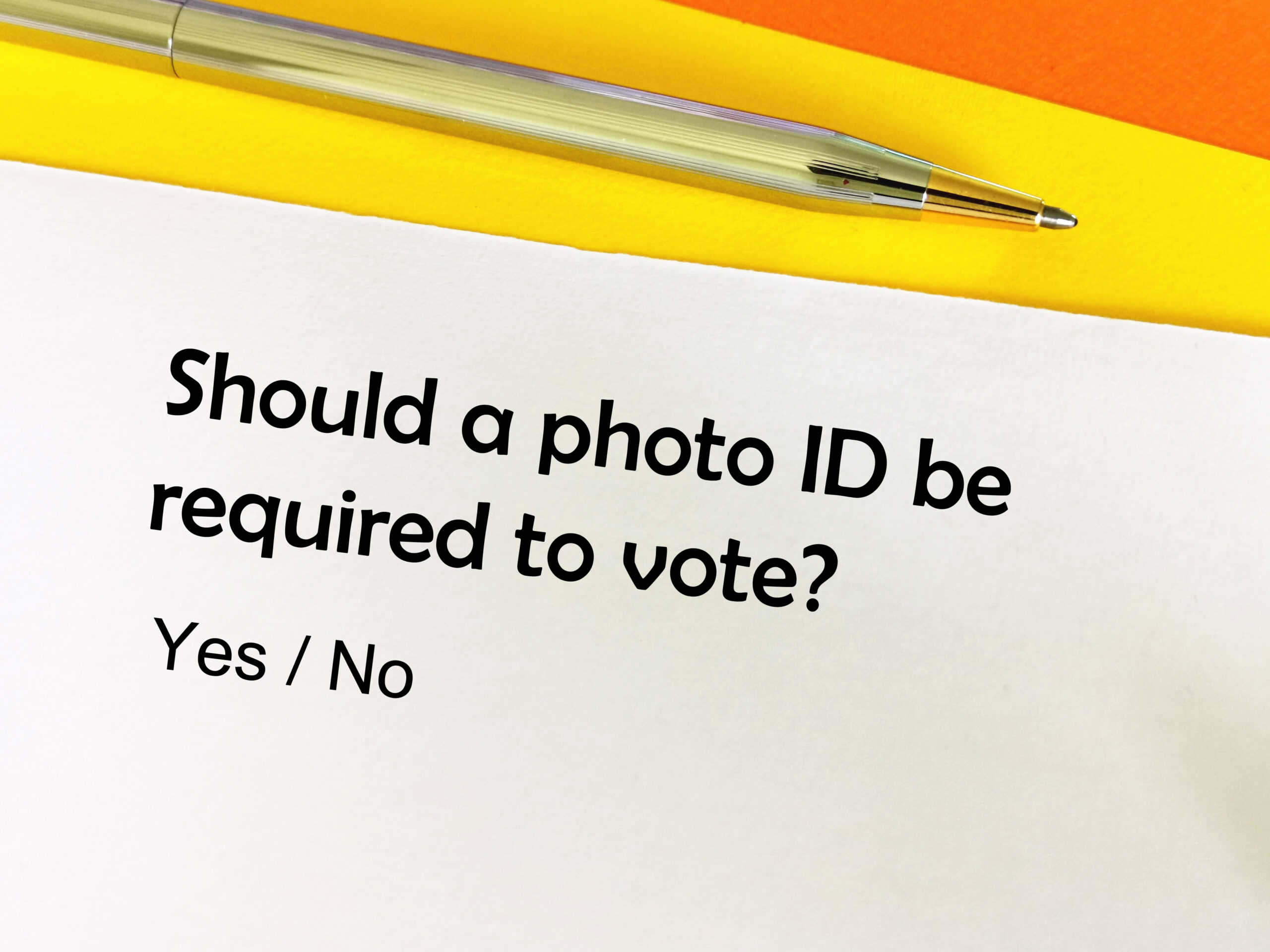
Is it ‘Voter Suppression’ to Require Proof of Citizenship to Vote?
February 10, 2026
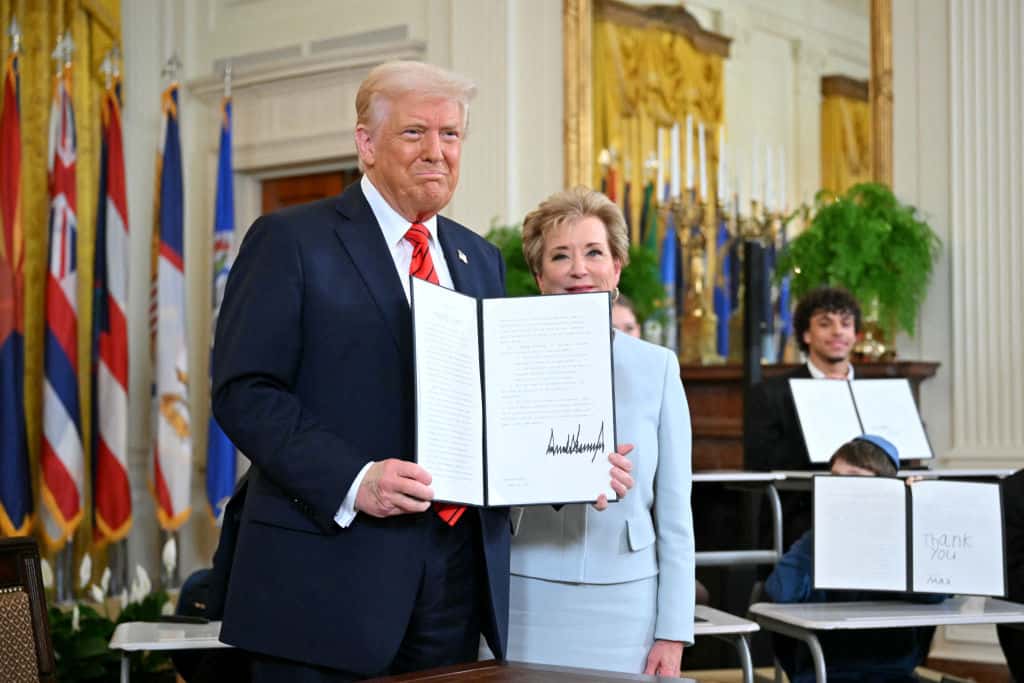
Education Department Celebrates National School Choice Week
January 30, 2026
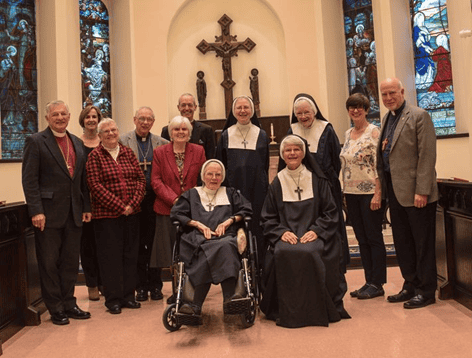
New York Ends Fight to Force Nuns to Pay for Abortions
January 27, 2026

